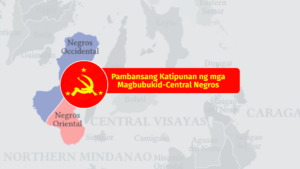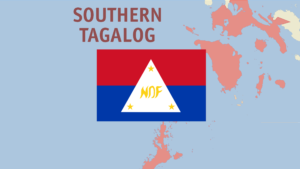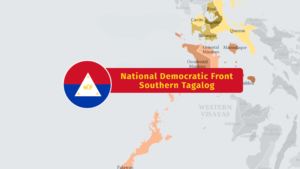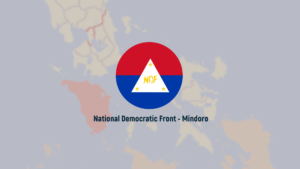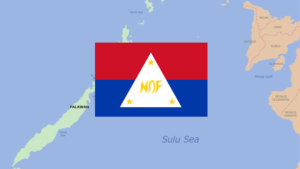Proposed review of country’s educational curriculum, too little too late
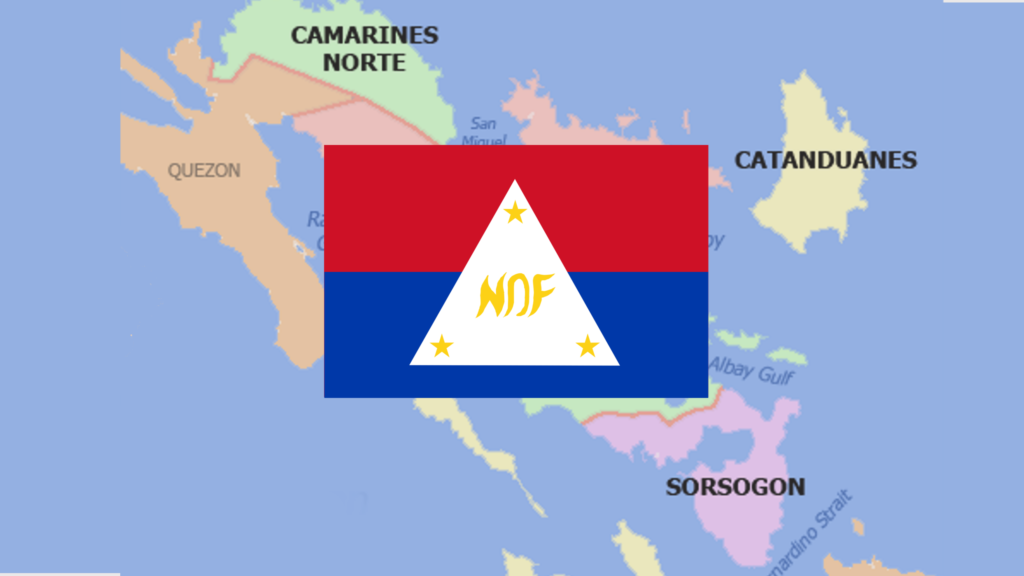
When the idea to shift to a K-12 educational system was first floated in 2010, academics, experts, students and their parents wasted no time in opposing the move. According to them, not only would K-12 fail to address the low quality of education, it would also give rise to more problems. But the government turned a deaf ear and still proceeded with the plan. Now, after just seven years of K-12 implementation, even the government can not deny that the system is innately problematic and defective. Only after numerous batches of Filipino students have already suffered under K-12 did they forward the need to review the curriculum.
The proposed review of the K-12 curriculum should have been done before a law was enacted and implemented. If only they listened to public opinion then problems beleaguering the education sector could have been avoided. Some of the issues that arose with K-12 are the increase in graduates with no jobs or end up in low-level jobs, decrease in the number of professionals, additional fees and the consequent increase in the volume of individuals with no formal education, displacement of teachers and educators and the deterioration of the quality of curricula and subjects.
But not only is the move for those so-called revisions too late. It is also too little to matter. Superficial changes to a system that is defective in its very nature and is continuously ruinous are not enough solutions. US-Marcos regime’s proposal to enact revisions to the curriculum oversimplifies the fundamental problems of the educational system. Even if they shift to a K-10+2 curriculum, the quality of education and students’ capabilities will not improve so long as the educational system’s core logic focuses on producing graduates for cheap labor and preserving the culture of subservience. Especially now that Sara Duterte as DepEd secretary is hellbent on putting the sector under militaristic control.
NDF-Bikol maintains that the improvement of the quality of education goes with the change in the societal system. As long as the system remains semicolonial and semifeudal, there will be no conditions for a genuinely nationalist, scientific and pro-people education which the Filipino society direly needs. Across the entire country, only in areas and communities where the rotten system is disavowed, where seeds of Red power have already taken root and revolutionary governance has been put into practice does a free and universal education that is truly free and liberating thrives. To carry this out in the whole nation completely, the people must persevere in struggle and advance the people’s democratic revolution until complete victory.

